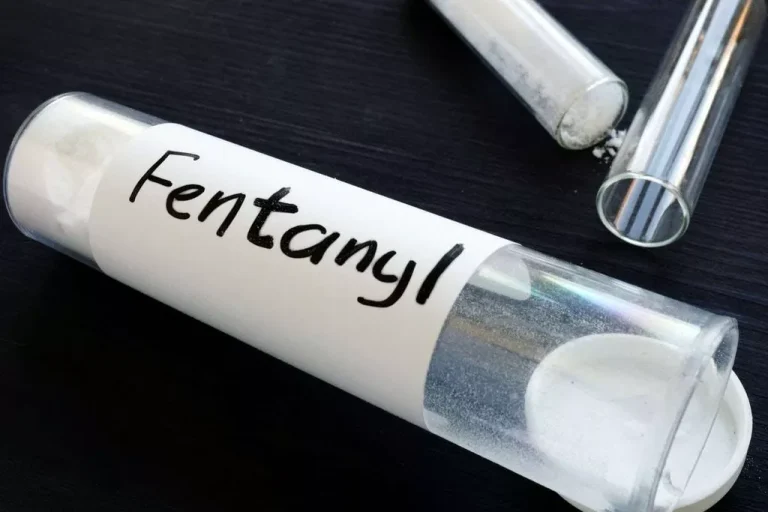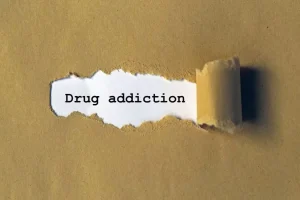How To Address Shame And Guilt During Addiction Recovery Lantana Recovery: Addiction Treatment Rehab Center

It defines CSBD as a persistent pattern of failure to control intense, repetitive sexual impulses or urges resulting in repetitive sexual behavior. The first step to recovery from drug or alcohol addiction is getting sober. Guilt and shame are similar emotions, but it’s important to recognize the differences between them. Action Rehab is guilt and shame in recovery an advisory service for individuals suffering from drug addiction, alcohol addiction or behavioural addictions. Accepting yourself is very important, especially to overcome the unworthiness of shame. By understanding that mistakes are made, and that the importance is that you work to fix those mistakes, shame can begin to subsidies.

Reclaim Your Life at 12 South Recovery

If you see yourself as a bad person, it’s hard to see a way out of your situation or change your behavior. This makes you more likely to repeat bad behavior and more likely to harm yourself. Mindfulness meditation can also be used as a tool for cultivating positive self-talk, which can help individuals foster a sense of self-esteem and worthiness. This can be particularly https://ecosoberhouse.com/ beneficial for those experiencing shame and guilt, as it allows them to acknowledge these feelings without becoming overwhelmed or mired in self-blame. Developing a strong support system is crucial when it comes to coping with shame and guilt during addiction recovery. Having the right people around you can make a significant difference in your journey towards sobriety.
- Shame cuts much deeper than guilt, and for this reason it poses an even greater threat to your sobriety.
- These emotions are not only common but also among the most profound challenges individuals face on their path to recovery.
- Your self-esteem was shaped by your daily experiences of being praised or criticized, lovingly disciplined or punished, taken care of or neglected.
The Value of Admitting to Mistakes
Once the emotion can be identified it can then be addressed through the recovery process. Once you’ve recognized the guilt and identified the emotions you can then begin to address them. Shame is a deep-seated feeling that one is inherently flawed or unworthy of love and acceptance. It’s a painful emotion stemming from the belief that one’s actions or failures make them a bad person at their core. Understanding and acknowledging the presence of shame and guilt in recovery is a crucial first step toward healing. These emotions are not only common but also among the most profound challenges individuals face on their path to recovery.
- The ability for those who are addicted to choose a new personal narrative where healing is possible demonstrates the greater psychological and spiritual aspects that define us as human.
- If you’re struggling with shame or guilt in addiction recovery, Art Therapy for Coping with Shame and Guilt might be right for you.
- Ready for even more options when it comes to healing from shame and guilt?
- Hypersexuality may include unprotected sex or urges so strong they disrupt a person’s ability to function normally in day-to-day life.
- In fact, these people may become your biggest supporters that will offer their help in the future.
Engage in Activities That Reinforce Positive Self-Identity

While guilt and shame are very similar emotions, there are differences between the two, and being able to recognize the differences is vital to your recovery efforts. Guilt is when you feel bad about something that you have done or committed to doing and then did not. For example, maybe you feel guilty about saying unkind things to someone while you were intoxicated or making a promise to do something and then not following through. Psychodynamic therapy may help patients identify triggers and examine feelings of guilt, shame, and self-esteem that may contribute to hypersexuality. Individuals with easy access to sexual content or material may have a higher risk of developing compulsive sexual behavior.
- It provides a safe space for individuals to talk about their experiences openly and get guidance on how to navigate the complex emotions and challenges that come with addiction recovery.
- While shame and guilt are normal, they can become overwhelming and hinder the recovery process.
- In DBT, clients learn to identify and challenge negative self-talk that contributes to feelings of shame and guilt.
- Forgiving ourselves or others and releasing that choking experience of guilt is crucial to overcoming a relapse or pushing through on your journey of recovery.
- Once you determine the correct course of action, add this situation to your value system.
- Most of the team providers carry multiple board certifications in psychiatry, addiction medicine and family medicine.
Once these triggers have been identified, the individual can develop strategies for avoiding them and coping with them when they arise. Therefore, it’s imperative to overcome shame and guilt as you go through recovery. This article will be your guide in overcoming these strong emotions after addiction.

Our goal is to support you or your loved one through this transformative journey, ensuring that shame and guilt do not stand in the way of recovery and a fulfilling life. In my addiction recovery journey, I’ve come across various therapeutic approaches to dealing with the emotional burdens of shame and guilt. In this segment, I explore different alternative therapies for healing shame and guilt. Understanding the role of shame and guilt in addiction recovery requires valuable information on how these emotions work. Shame keeps individuals stuck in cycles of addiction by eroding their sense of self-worth, pushing them towards further substance abuse to cope with negative feelings. Guilt can be useful in identifying harmful behavior patterns but becomes toxic when it prevents individuals from moving forward.
Practicing Forgiveness Towards Oneself
Rather, these additional sources of assistance add extra layers of safety nets that can improve the odds of success during the addiction recovery process. It would be best if you had friends or family members who understand your situation and genuinely care about seeing you succeed in your recovery journey. In addition, consider joining local support groups or seeking professional help from therapists or counselors if needed. With time, understanding, and self-compassion, it’s possible to overcome shame and guilt and move towards a healthy, happy life in recovery. Optimism, introspection, and self-awareness are the keys to breaking out of the cocoon of shame.
Check out our next section on alternative therapies for even more personalized solutions. Practicing Forgiveness Towards Oneself is a crucial aspect of addiction recovery that deserves attention. It involves exhibiting empathy, kindness, and compassion towards oneself despite past mistakes or shortcomings. When you are surrounded by a supportive network of people, it becomes easier to share your struggles and receive empathy and encouragement in return. This sense of belongingness makes it easier for individuals to come out of their shells and break out of the cycle of self-blame and guilt that often accompanies addiction.
